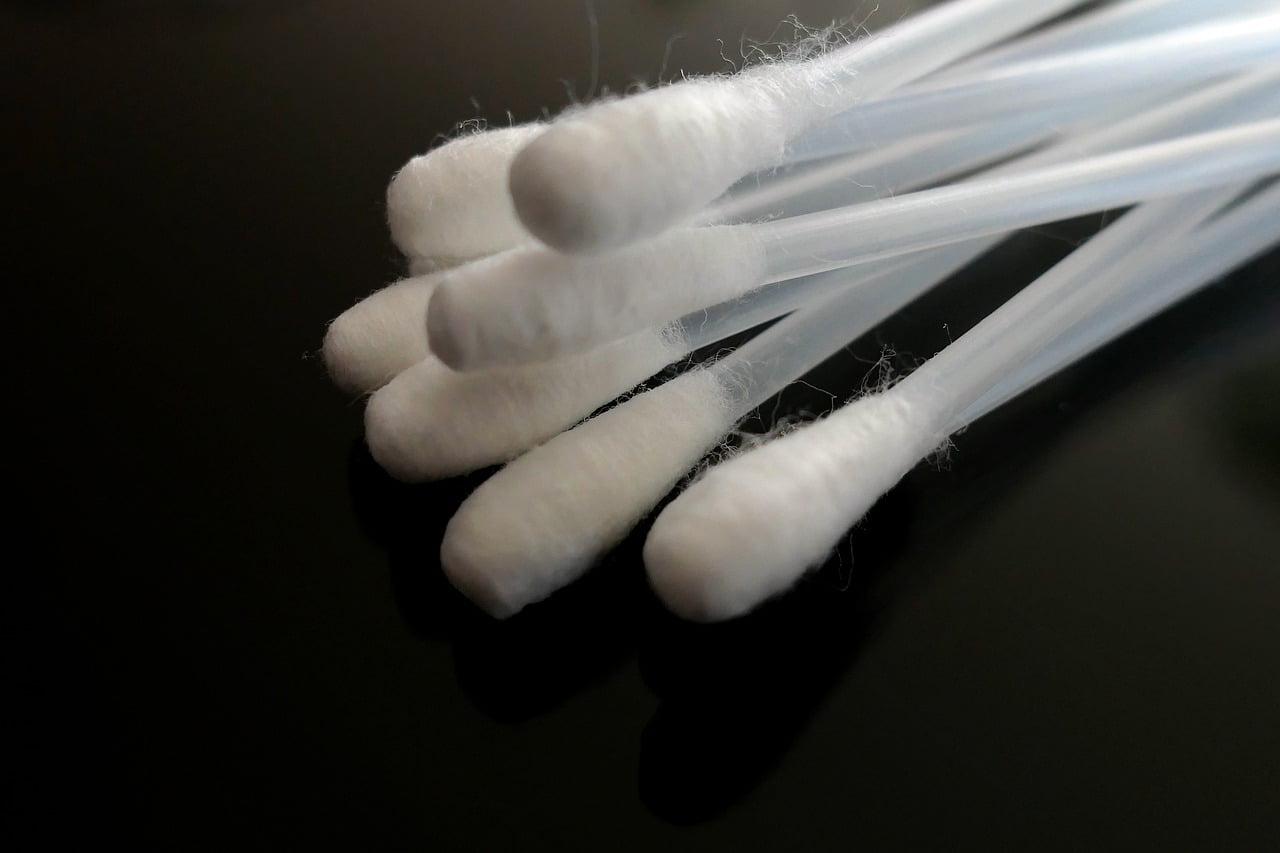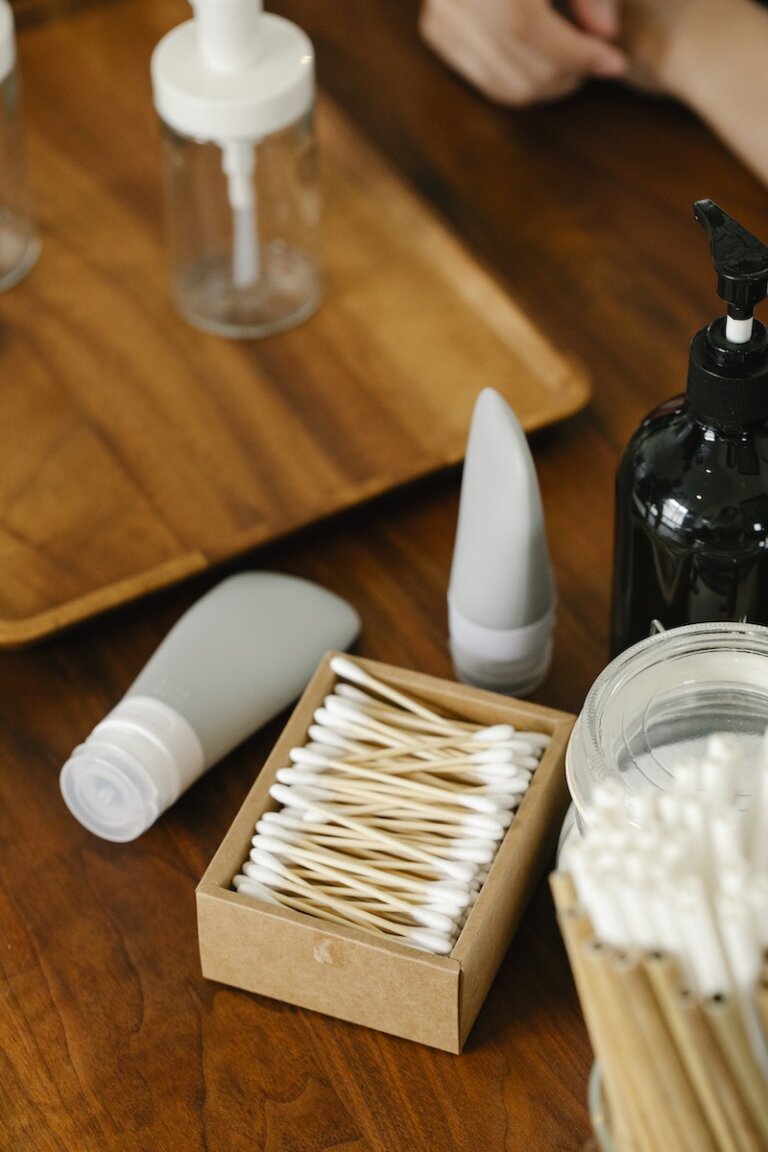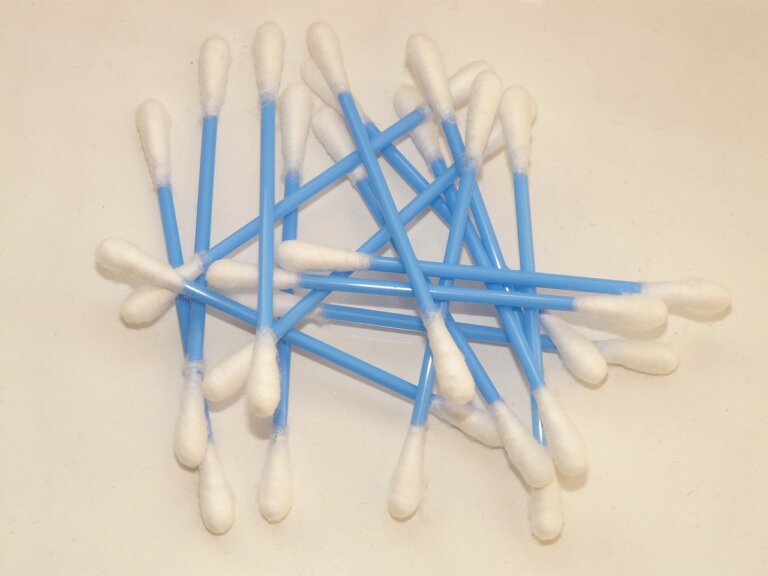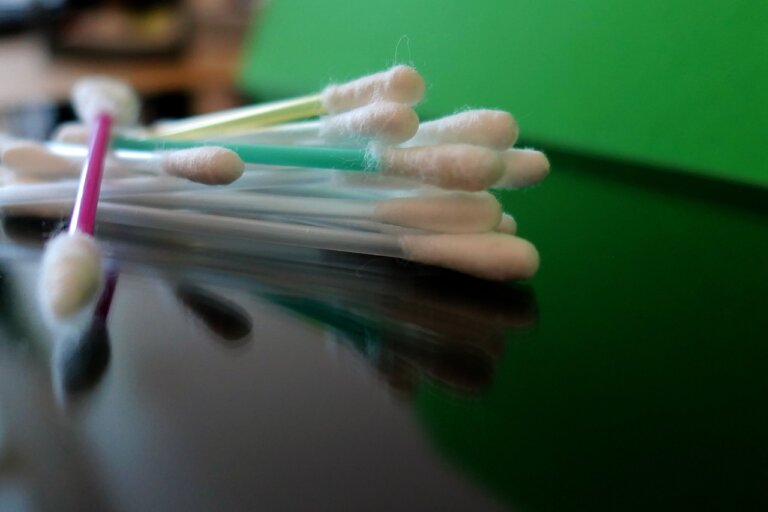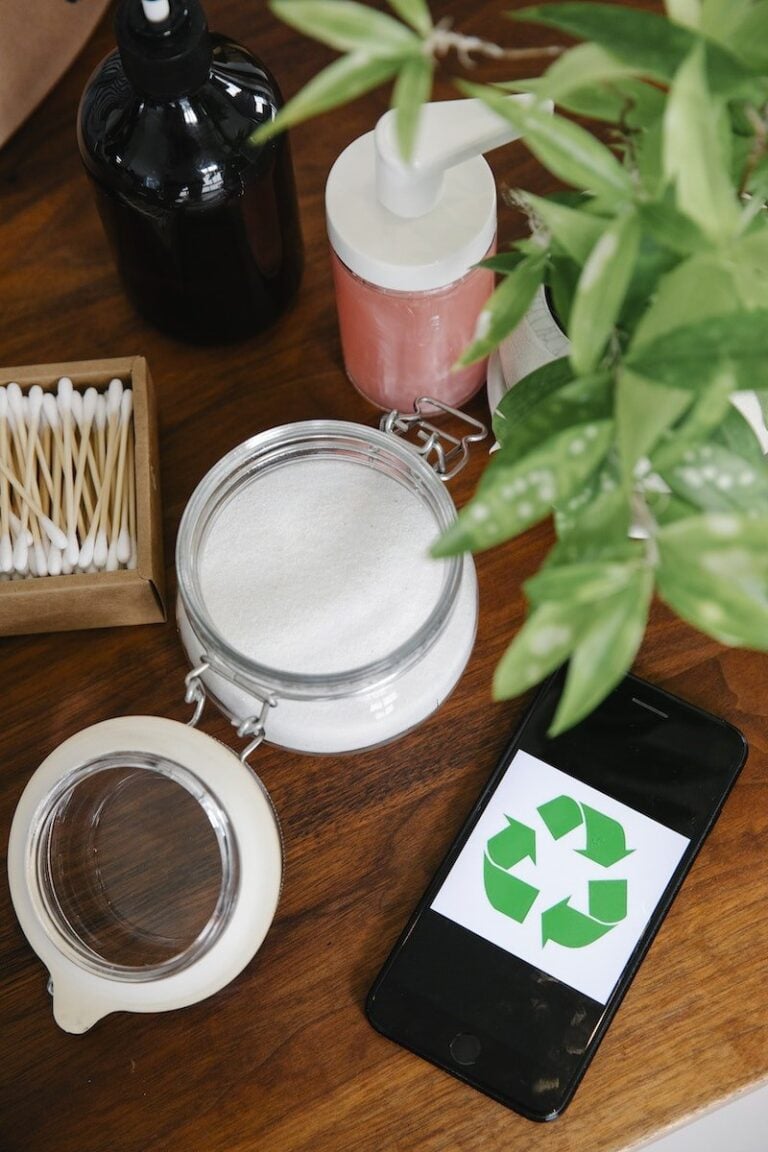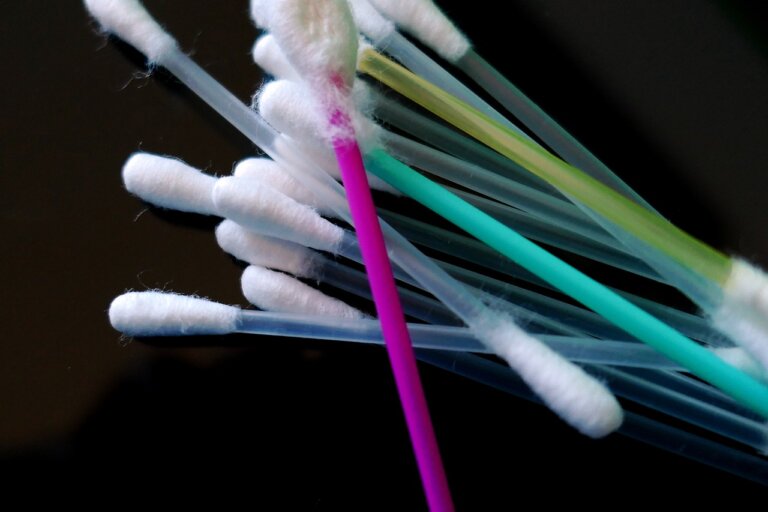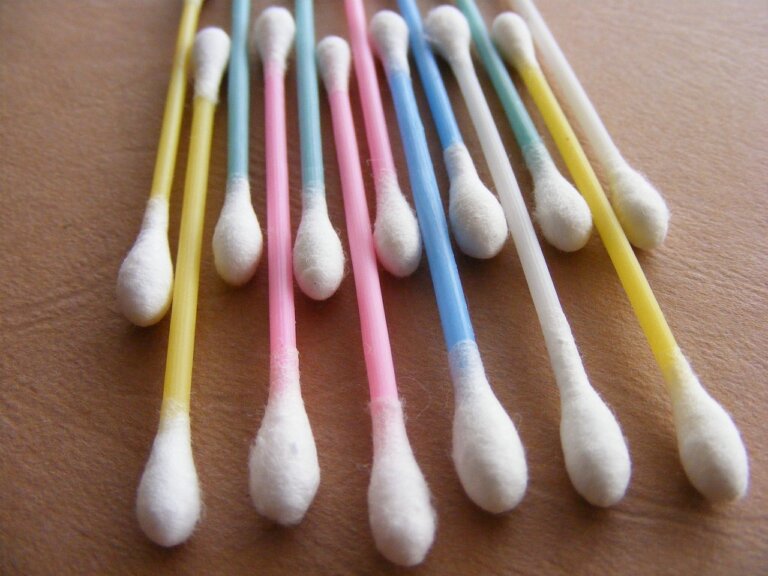The Gift of Sound: Empowering Strategies to Preserve Your Hearing
Last Updated on 3rd May 2024 by Admin
Introduction
In today’s fast-paced world, our senses play a vital role in our daily lives. Among these, our ability to hear is one of the most precious gifts we have. However, with the increasing exposure to loud noises and the prevalence of hearing loss, it becomes crucial to adopt strategies that can help preserve our hearing. In this article, we will explore some empowering strategies that can safeguard your hearing and promote a healthy auditory lifestyle.
Understanding the Importance of Hearing
Hearing allows us to connect with the world around us, enabling communication, enjoyment of music, and the ability to appreciate various sounds. It is not only essential for our emotional well-being but also plays a significant role in our overall cognitive function. Therefore, it is of utmost importance to take proactive measures to protect and preserve our hearing abilities.
Identifying Potential Hearing Hazards
Before we delve into the strategies to preserve our hearing, it is essential to identify potential hazards that can negatively impact our auditory health. Some common sources of noise that can pose a threat to our hearing include:
- Exposure to loud music: Listening to music at high volumes, especially through headphones or at concerts, can cause irreversible damage to our ears. Prolonged exposure to loud music can lead to noise-induced hearing loss (NIHL), which is a common form of hearing loss.
- Occupational noise: People working in industries such as construction, manufacturing, or aviation may be exposed to loud noises that can harm their hearing over time. Occupational noise-induced hearing loss is a significant concern, and workers in these industries should always wear appropriate hearing protection.
- Recreational activities: Activities like shooting firearms, riding motorcycles, or attending sporting events without proper hearing protection can lead to hearing loss. The intense sounds generated by these activities can damage the sensitive structures in the inner ear.
- Environmental noise: Living in areas with constant exposure to traffic, construction, or other noisy environments can gradually affect our hearing abilities. Chronic exposure to environmental noise can contribute to hearing loss over time, and it’s important to minimize our exposure whenever possible.
Empowering Strategies for Hearing Preservation
Now that we understand the potential hazards, let’s explore empowering strategies that can help preserve our hearing and minimize the risk of hearing loss:
1. Practice Safe Listening Habits
- Lower the volume: When listening to music or watching videos, ensure that the volume is at a comfortable level. Avoid turning the volume up to drown out background noise. Listening at high volumes for an extended period can damage the hair cells in the inner ear.
- Use noise-cancelling headphones: Investing in noise-cancelling headphones can help reduce the need to turn up the volume to block out external sounds. These headphones work by actively canceling out ambient noise, allowing you to enjoy your music at lower volumes.
- Take listening breaks: Give your ears regular breaks from continuous exposure to loud sounds, especially when using headphones. This allows the hair cells in the inner ear to recover and reduces the risk of overexposure.
2. Wear Hearing Protection
- Use earplugs: In situations where loud noises are unavoidable, such as concerts or construction sites, wearing earplugs can greatly reduce the impact on your hearing. Earplugs create a physical barrier that helps to block out excessive noise and protect your ears.
- Choose the right ear protection: For activities like shooting or riding motorcycles, opt for specialized ear protection that is designed to block out loud impulse noises. These ear protectors are designed to reduce the intensity of sudden loud sounds while still allowing you to hear and communicate effectively.
3. Maintain a Healthy Lifestyle
- Avoid smoking: Smoking has been linked to an increased risk of hearing loss, so quitting smoking can contribute to better auditory health. Smoking damages blood vessels and reduces blood flow to the structures in the ear, leading to potential hearing problems.
- Exercise regularly: Engaging in regular physical activity improves blood circulation, which is crucial for maintaining the health of the delicate structures in the ear. Exercise promotes overall cardiovascular health, ensuring that the structures responsible for hearing receive adequate oxygen and nutrients.
- Manage stress levels: Chronic stress can contribute to various health issues, including hearing problems. Implement stress-management techniques such as meditation or exercise to promote overall well-being. Stress reduction can help alleviate symptoms of certain hearing conditions like tinnitus.
4. Get Regular Hearing Check-ups
- Visit an audiologist: Regular check-ups with an audiologist can help identify any early signs of hearing loss or other auditory issues. Audiologists are trained professionals who can perform comprehensive hearing evaluations and provide personalized guidance for maintaining your hearing health. Early detection can significantly improve treatment options and outcomes.
- Monitor your hearing: Pay attention to any changes in your hearing abilities and seek professional help if you notice persistent problems such as muffled sounds or difficulty understanding conversations. Regular self-monitoring allows you to identify potential issues and seek timely intervention.
5. Educate and Spread Awareness
- Inform others: Share your knowledge about hearing health and the importance of protecting our ears with friends, family, and colleagues. Encourage them to adopt healthy hearing practices as well. By raising awareness, you can help prevent hearing loss and promote a culture of hearing protection.
- Advocate for change: Support initiatives that promote awareness about noise pollution and advocate for regulations that protect individuals from excessive noise exposure. By advocating for change in policies and regulations, we can create a safer and quieter environment for everyone.
Conclusion
Preserving our hearing is a responsibility we owe to ourselves and future generations. By adopting the empowering strategies mentioned above, we can protect our hearing abilities and promote a healthier auditory lifestyle. Remember, the gift of sound is precious – let’s cherish and safeguard it for years to come.
Disclaimer: The information provided in this article is for educational purposes only and should not substitute professional medical advice. Please consult with a healthcare professional or audiologist for personalized guidance regarding your hearing health.
FAQ
Q: Why is hearing important?
A: Hearing is important because it allows us to connect with the world, communicate, enjoy music, and appreciate various sounds. It also plays a significant role in our overall cognitive function and emotional well-being.
Q: What are some potential hazards that can negatively impact our hearing?
A: Some potential hazards include exposure to loud music, occupational noise, recreational activities without hearing protection, and chronic exposure to environmental noise.
Q: How can I practice safe listening habits?
A: To practice safe listening habits, you can lower the volume when listening to music or watching videos, use noise-cancelling headphones, and take regular breaks from continuous exposure to loud sounds.
Q: How can I protect my hearing?
A: To protect your hearing, you can use earplugs in situations with loud noises, choose specialized ear protection for activities like shooting or riding motorcycles, avoid smoking, exercise regularly, manage stress levels, get regular check-ups with an audiologist, and monitor your hearing for any changes.

